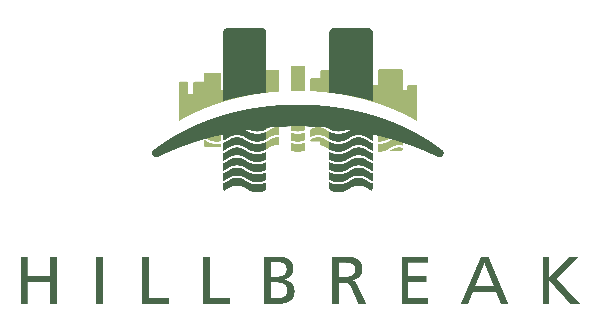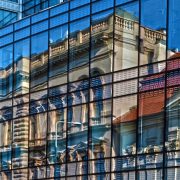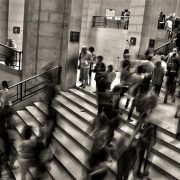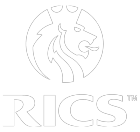Double Dating
1 August 2018.
One date. Dual significance.
The ideal milestone for Hillbreak to reflect on past progress and the scale of the challenge ahead.
One: Happy Anniversary, Hillbreak
It’s three years to the day since Hillbreak began active trading. Perhaps that seems trivial? It is, after all, a blink of an eye. Yet for us, those three years have marked an extraordinary transition.
When we set out in 2015, the notion that we’d be asked by some of the world’s marquee real estate organisations to help them navigate their way in a fast-changing world seemed ambitious to say the least. Now, we’re at risk of complacency by thinking it routine.
Sure, it’s been three years of hard work to execute our mission: to expedite the transition to a sustainable policy, business and investment environment by bringing intelligence, challenge and inspiration to our clients and stakeholders. During that time though, we’ve seen a market begin to transform, with the UN Principles of Responsible Investment moving firmly into the mainstream and the Sustainable Development Goals, amongst other frameworks, capturing corporate and institutional attention (if not always true imagination).
The market seems to have come a long way in that relatively short time. It feels – anecdotally and with some empirical indication – that stronger, smarter and altogether more ambitious attitudes to Environmental, Social & Corporate Governance matters have taken root in the conscience of our industry.
It would be all-too-easy, when caught in this positive ESG bubble, to think that the future is bright and that we’re collectively beginning to find the track to resolving many of the big global problems.
A nice thought, but not one to get carried away with.
Global Budget Crisis
The true reason that 1 August 2018 is significant provides a far more sobering barometer of how things stand.
As well as being a Hillbreak anniversary, today is #EarthOvershootDay: the date when humanity has used more from nature than the planet can renew in the entire year. Our annual ecological budget has been exhausted, and we’re only seven months in. What’s more, we’ve never reached this milestone so early in the calendar. The rate at which we are overharvesting and polluting continues to get greater.
Think of it in banking and financial accounting terms. In this case, the capital held and accounted for is natural capital, rather than financial. Sustainability comes when we are able to live off of the interest generated by the capital held. In reality, we are consistently drawing down on the capital meaning that we are left with less at the end of the accounting year than we had at the beginning. That means less interest being generated in each subsequent year too. We are increasing the deficit year-on-year by liquidating stocks of ecological resources and accumulating waste (primarily carbon dioxide in the atmosphere) at an ever-faster rate.
It’s a loss-making enterprise and investment is insufficient to secure a break-even future, let alone a profitable one.
Of all of the indicators concerning the health of our economy/society/planet, this is perhaps the most fundamental and inescapable. Yet, despite the fact that human life and the economy are inextricably reliant on the ecosystem services provided by natural capital, it is a fact that seems all-too-convenient for many economists, executives and politicians to ignore. This is primarily because financial and political returns are measured (in the main) on quarterly bases and electoral cycles respectively. These competitively motivated, short-term fixations tempt us to disregard the long-term security of our shared capital.
So, whilst responsible investment trends are advancing, true sustainability still seems a remote prospect.
Happy Anniversary, Hillbreak. Now drink up, we’ve got a lot of work to do!














